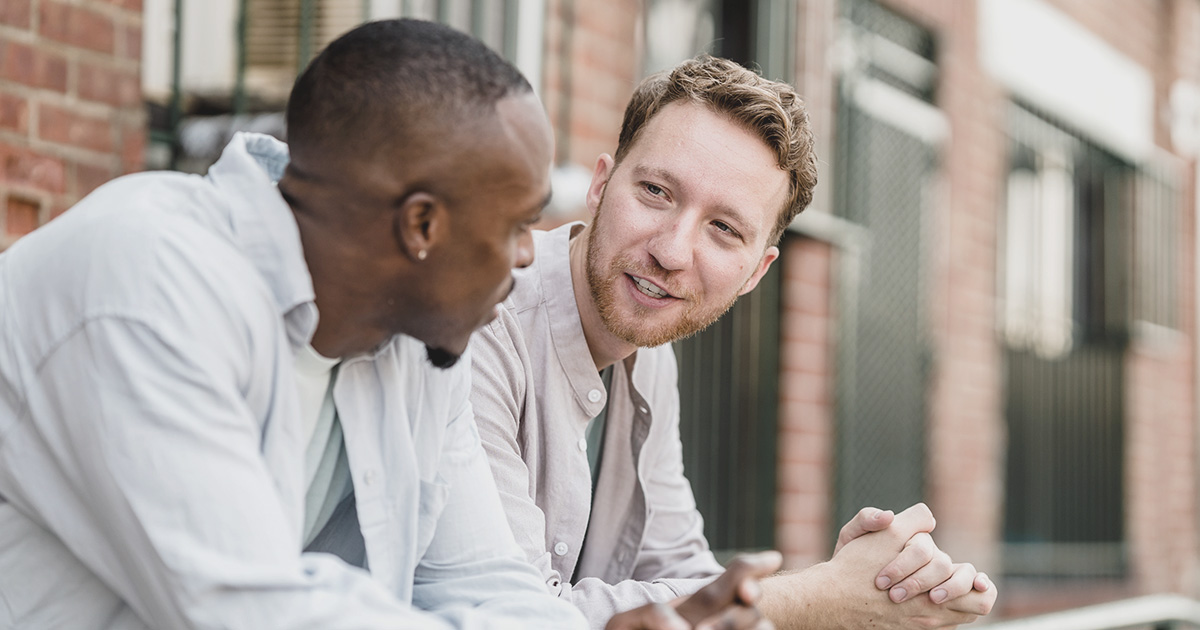
I let it go.
I often think back to that parking lot moment. I have no lingering animosity about this encounter but it made me realize how important it can be available for someone.
We never know what someone is going through or the weight they are carrying. Unfortunately we let life get in the way sometimes.
I hope I can always be the person someone can talk to if they need someone. I don’t assume that I have all the answers but one thing I can do is to listen. Sometimes that’s all people need. They need someone to listen.
There was a time that I would often get frustrated when I needed to vent and the person I was venting to would always defend the opposing side to my issue. It didn’t matter I didn’t want that I just needed an ear.
We live in a time where people are quick to voice their opinion but have difficulty to listen. You also don’t want to make the mistake of posting something online. Another extra point here is not to post all of your business for the world to read.
So who do you talk to when you need a friend? Someone you trust to listen without judgment?
I am blessed today that I have someone who listens to me who I can trust. They won’t look at their watch or smartphone either.
Why is it so hard to be that friend? Because it takes patience to listen without trying to be a “fixer”.
When someone confides in you, you should treasure that trust. There is a French word for it called “confidant” which means a person with whom one shares a secret or private matter, trusting them not to repeat it to others.
Repeating it to others…now THERE is a key component to this altogether. It’s also important to not only be listener but also have restraint from being a repeater.
I think we have all has people who have told some things to others that we trusted them not to repeat. That’s a betrayal that hurts beyond words.
So how can you and I be better confidants?
Here are some pointers I have found:
Ask open-ended questions
These allow someone to explain themselves, and reveal any details at a level they feel comfortable with. You can ask questions like “What’s troubling you?” and “How do you feel about ____?” These types of questions can’t be answered as a simple yes/no, and lets a person know that you are willing to listen to details.
Observe body language
This can help you gauge if someone is feeling really anxious, uncomfortable, or ashamed. Some common signs are turning away while speaking or physically closing themselves off (like crossing their arms). Other signs could indicate a fight-or-flight response, such as talking quickly or in a much higher pitch than usual.
Be patient
Confiding in someone takes time and trust. Wait to build a relationship where both parties can feel comfortable in taking part in the conversation.
Know your boundaries
Just listen to what’s being shared. Understanding and respecting someone’s boundaries in what they are willing to share helps to ensure that the confiding person feels more comfortable.
Don’t offer advice (unless it’s being asked for)
Most people just want to be heard, not necessarily told what they should do next. Unsolicited advice is rarely followed, and given that a confidant may not know all of the details of a situation being shared, can even backfire. This isn’t to say that advice is always a bad thing — simply realize that having a friend listen to them may be all a friend really wants!
Don’t gossip
Under NO circumstances should you repeat what someone confides in you unless they give you permission to do so. Repeating what someone tells you in confidence violates the whole integrity of being a confidant.
You don’t need a degree in psychology to be a good confidant to someone. Just BE there and BE present for them. I could give you a bunch of Bible references about being a good listener and confidant but this is not just limited to people who go to church. We can ALL be trustworthy listens and be the person others can lean on during their troubled times.